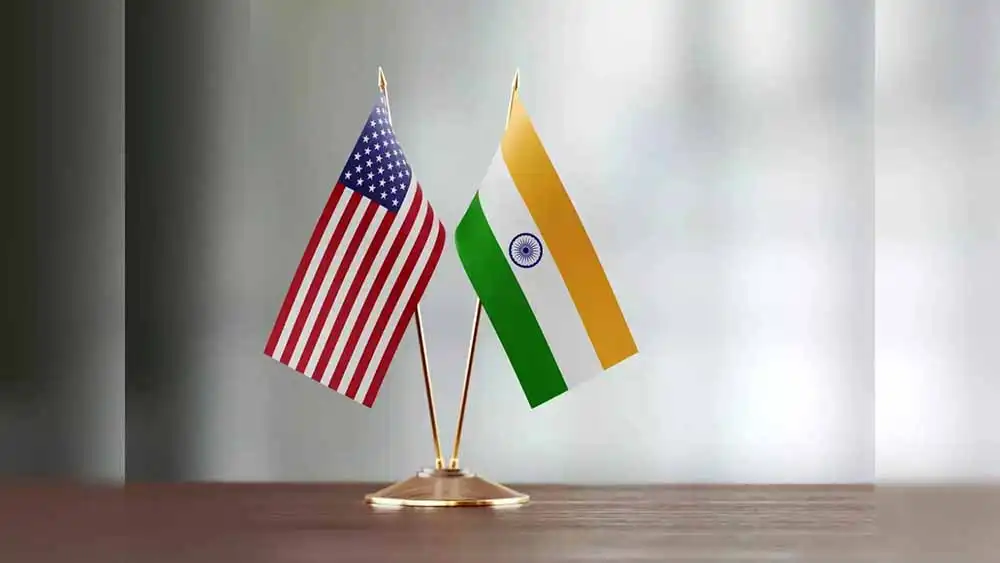NEW DELHI: The United States on Tuesday retained India in its “priority watch list” for protecting and enforcing intellectual property (IP) rights, saying the country is one of the world’s “most challenging” major economies in the matter.
The US Trade Representative (USTR) acknowledged that India has made “meaningful progress” to strengthen its IP regime, including raising public awareness and increasing engagement with the US, but flagged long-standing concerns.
Seven other countries — China, Russia, Indonesia, Chile, Argentina, Mexico and Venezuela — are in the watch list. It warned USTR will take action, which can include international dispute-settlement mechanisms, if countries fail to make progress in addressing America’s concerns.
“Specifically, this administration continues to closely monitor developments in, and to engage with, those countries that have been on the Priority Watch List for multiple years. Over the coming weeks, USTR will review those developments against the benchmarks established in the Special 301 action plans for those countries,” said the report, referring to an annual review process.
“For countries failing to address US concerns, USTR will take appropriate actions, which may include enforcement actions under Section 301 of the Trade Act or pursuant to World Trade Organization (WTO) or other trade agreement dispute settlement procedures.”
While the US will continue engaging in the matter, the report said that patent issues continue to be of particular concern in India. Stakeholders have expressed their concerns about “vagueness” in the interpretation of the Indian patents law.
The USTR said that trademark counterfeiting in India remains problematic. That apart, American brand owners continue to report delays in trademark opposition proceedings and a lack of quality in examination. Initiatives taken by India’s Department for Promotion of Industry and Internal Trade reduced trademark application examination to less than 30 days, but rights holders remain concerned with trademark examination quality and backlog in opposition proceedings.
It also said India that over the past year has made progress in IP protection and enforcement in some areas and taken steps to address long-standing issues with patent pre-grant opposition proceedings and “cumbersome” reporting requirements by notifying the Patents (Amendment) Rules, 2024.
“While issues remain, the amendments include provisions that are likely to increase the efficiency of the patent regime and reduce current burdens on patent applicants. The United States will monitor the implementation and encourage India to continue moving forward with these and other reform efforts to reduce patent pendency times and improve the patent system for all users,” the report said.
Source: Business Standard

 Retail Investors Should Stay Invested For Long: SEBI Chairman
Retail Investors Should Stay Invested For Long: SEBI Chairman 